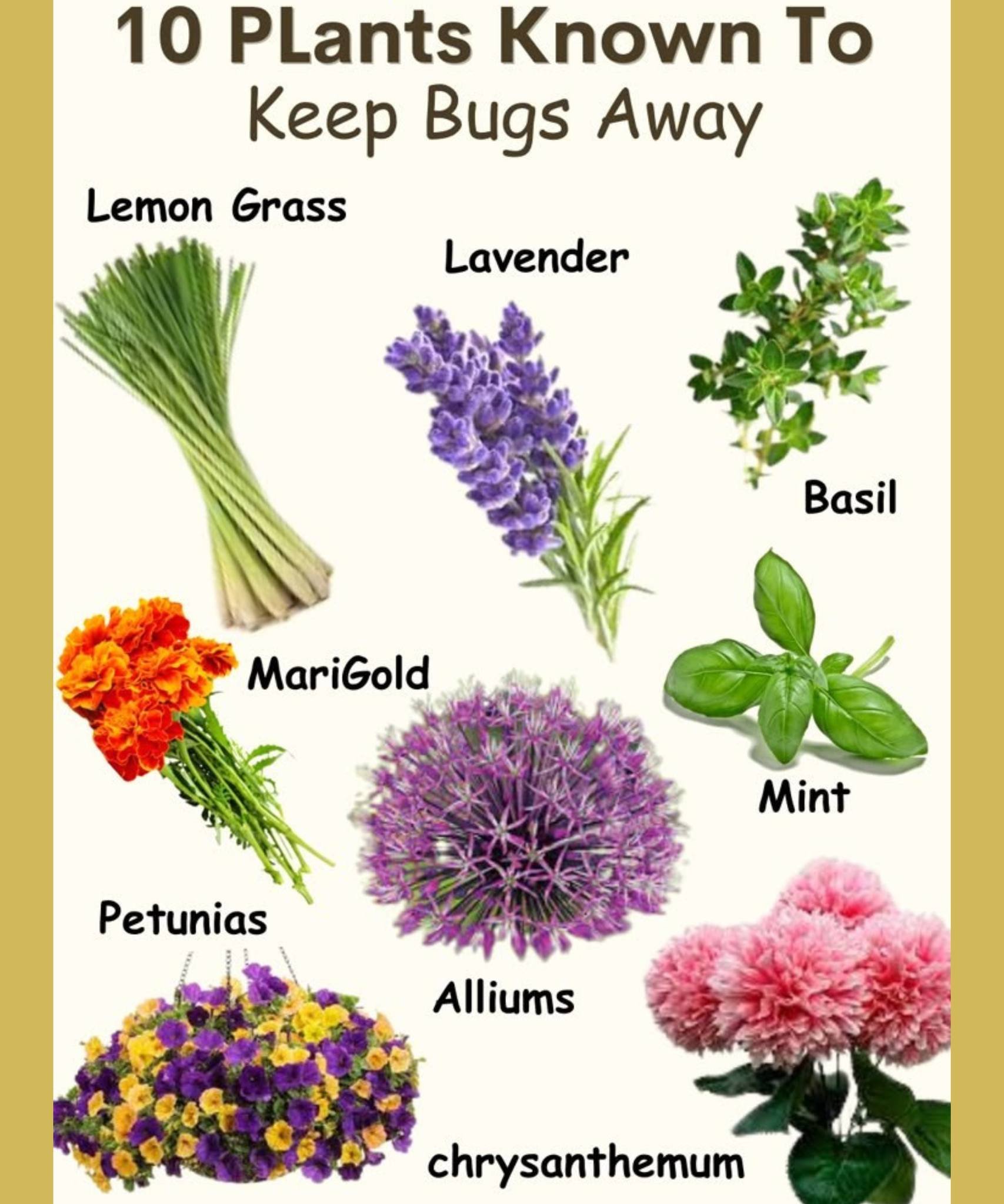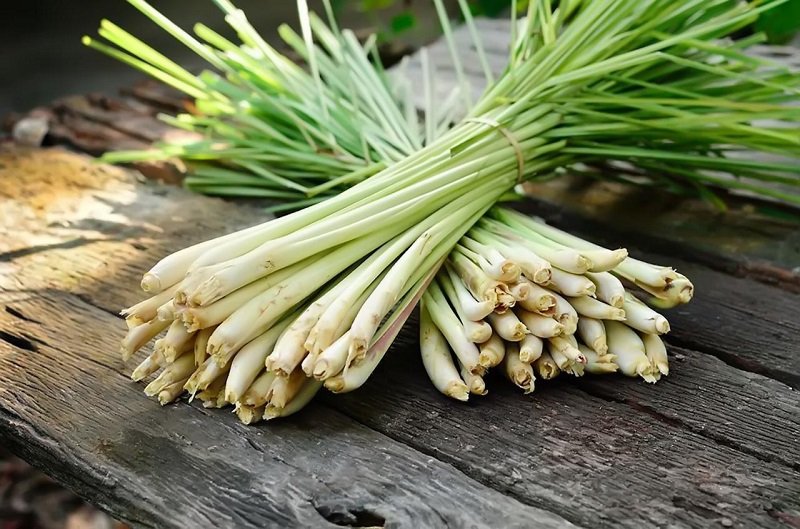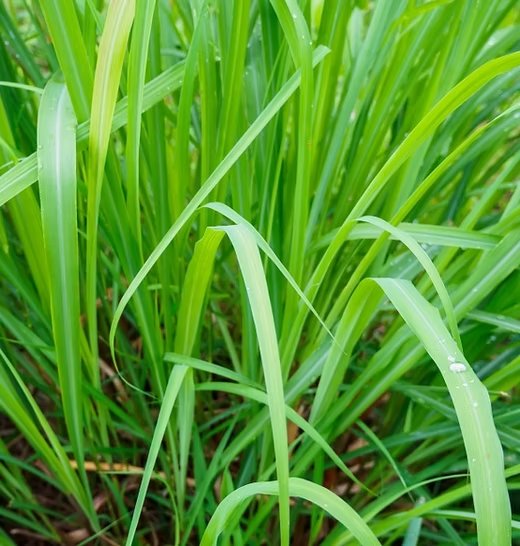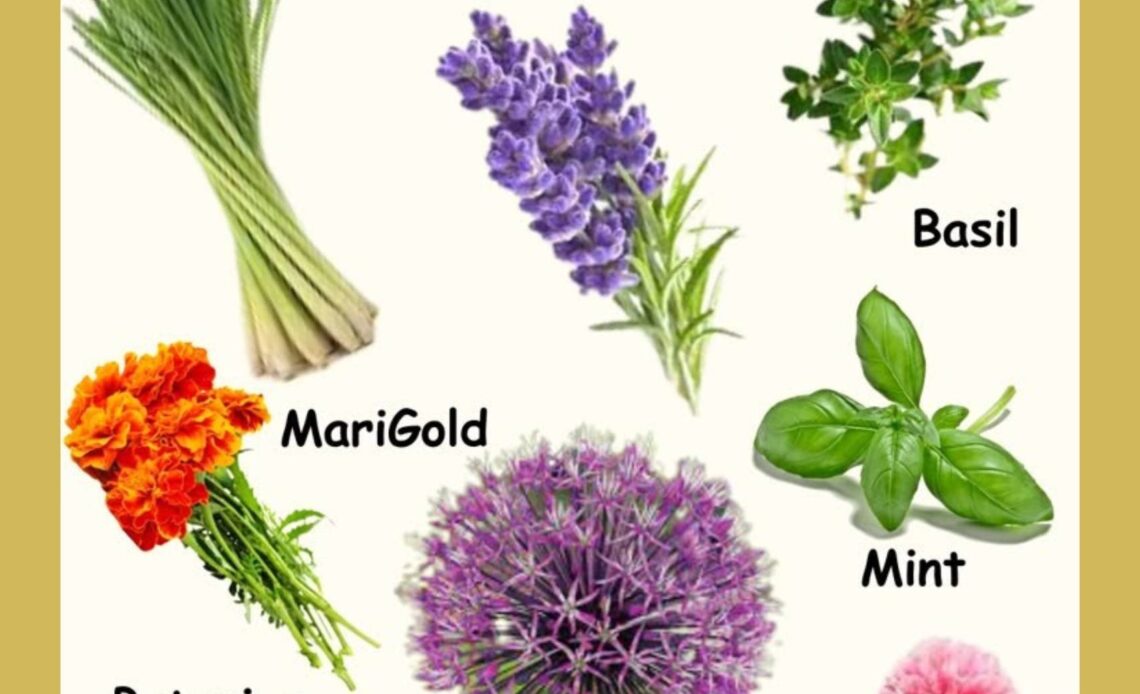Keeping bugs away from your home and garden is a common challenge, especially during warm months when insects thrive. While chemical insecticides can be effective, they often contain harmful toxins that may affect your health and the environment. Fortunately, nature offers a simple and eco-friendly solution: bug-repelling plants. By strategically growing these plants, you can naturally deter mosquitoes, flies, ants, and other pests while creating a beautiful and aromatic garden. Here’s everything you need to know about using plants as a natural insect repellent.
### **Why Use Plants to Repel Bugs?**

Using plants as a natural insect deterrent comes with several advantages:
– **Eco-Friendly:** Unlike chemical pesticides, these plants are non-toxic and safe for humans and pets.
– **Multi-Purpose:** Many of these plants also serve culinary, medicinal, or ornamental purposes.
– **Cost-Effective:** Growing plants is a one-time investment that continues to provide benefits over time.
– **Aesthetic Appeal:** These plants add beauty, color, and fragrance to your garden or home.
Now, let’s explore the top plants that can help keep bugs at bay.
### **1. Lemon Grass**

Lemon grass is well known for its high citronella content, a natural mosquito repellent commonly used in candles and sprays. The strong citrus scent of lemon grass confuses mosquitoes, making it difficult for them to locate a host.
– **How to Grow:** Plant lemon grass in a warm, sunny location with well-draining soil.
– **Where to Use:** Place pots near patios, decks, or outdoor seating areas to deter mosquitoes.
– **Additional Benefits:** Can be used in teas, soups, and herbal remedies.
### **2. Lavender**
Lavender’s pleasant floral scent is relaxing for humans but overwhelming for many insects, including mosquitoes, moths, and flies. The plant contains essential oils that naturally repel pests.
– **How to Grow:** Prefers full sun and well-drained soil.
– **Where to Use:** Plant around doorways, windows, and seating areas.
– **Additional Benefits:** Used in aromatherapy, skincare, and homemade sachets to keep clothes fresh.
### **3. Basil**
Basil is not just a great culinary herb—it also repels mosquitoes and flies with its strong aroma. The oils found in basil leaves interfere with insect sensory receptors, keeping pests away.
– **How to Grow:** Thrives in pots or garden beds with plenty of sunlight and regular watering.
– **Where to Use:** Place near kitchen windows, patios, or vegetable gardens.
– **Additional Benefits:** Can be used in cooking and homemade insect-repellent sprays.
### **4. Mint**

Mint is an excellent natural deterrent against ants, mosquitoes, and flies. However, it spreads aggressively, so it is best grown in containers.
– **How to Grow:** Requires partial to full sunlight and moist, well-drained soil.
– **Where to Use:** Place near entryways, garden beds, or kitchen areas.
– **Additional Benefits:** Great for teas, desserts, and medicinal remedies.
### **5. Marigold**
Marigolds contain pyrethrum, a natural compound used in many insect repellents. These vibrant flowers effectively keep mosquitoes, aphids, and even rabbits away from gardens.
– **How to Grow:** Prefers full sun and well-drained soil.
– **Where to Use:** Surround vegetable gardens or plant near windows and doors.
– **Additional Benefits:** Adds bright color to landscaping while protecting other plants from pests.
### **6. Petunias**
Petunias are often referred to as “nature’s pesticide” due to their ability to repel aphids, beetles, and other pests.
– **How to Grow:** Low-maintenance, thrives in full sun.
– **Where to Use:** Ideal for garden beds, hanging baskets, and window boxes.
– **Additional Benefits:** Enhances curb appeal and provides vibrant colors.
### **7. Alliums**
Alliums, which include garlic, onions, and chives, produce a strong sulfur compound that deters a variety of pests, including aphids, cabbage worms, and slugs.
– **How to Grow:** Prefers well-draining soil and plenty of sunlight.
– **Where to Use:** Best planted near vegetable gardens for added protection.
– **Additional Benefits:** Can be used in cooking and medicinal remedies.
### **8. Chrysanthemums**
Chrysanthemums contain pyrethrins, a natural insecticide that repels ants, roaches, fleas, ticks, and lice.
– **How to Grow:** Thrives in full sun with well-draining soil.
– **Where to Use:** Plant around the home’s perimeter or in garden beds.
– **Additional Benefits:** Beautiful ornamental flowers with pest-repelling properties.
### **9. Rosemary**
Rosemary is a powerful mosquito and insect repellent that also enhances the flavor of many dishes.
– **How to Grow:** Prefers dry, sandy soil and full sun.
– **Where to Use:** Grow in pots near outdoor seating areas or kitchen windows.
– **Additional Benefits:** Used in cooking, herbal medicine, and homemade pest sprays.
### **10. Citronella Grass**

Citronella grass is one of the most effective mosquito repellents. Often confused with lemon grass, citronella contains essential oils widely used in insect-repellent products.
– **How to Grow:** Requires warm temperatures and well-drained soil.
– **Where to Use:** Best placed near patios, garden borders, and outdoor living spaces.
– **Additional Benefits:** Can be used to make DIY insect-repellent candles and sprays.
### **Final Tips for a Bug-Free Garden**
To maximize the effectiveness of these natural bug-repelling plants, consider the following tips:
– **Strategic Placement:** Position plants around patios, doorways, and windows to create a natural barrier against insects.
– **Companion Planting:** Combine different plants to repel multiple pests at once.
– **Use Essential Oils:** Extract oils from these plants to make homemade bug sprays.
– **Regular Maintenance:** Keep plants healthy by pruning, watering, and ensuring proper soil conditions.
### **Conclusion**
Growing bug-repelling plants is a simple yet effective way to keep pests away while enhancing your garden’s beauty and functionality. These natural solutions provide long-term protection without the risks associated with chemical insecticides. Whether you’re looking to deter mosquitoes, flies, or garden pests, incorporating these plants into your outdoor space can create a safer, more enjoyable environment. Start planting today and enjoy a pest-free home naturally.
